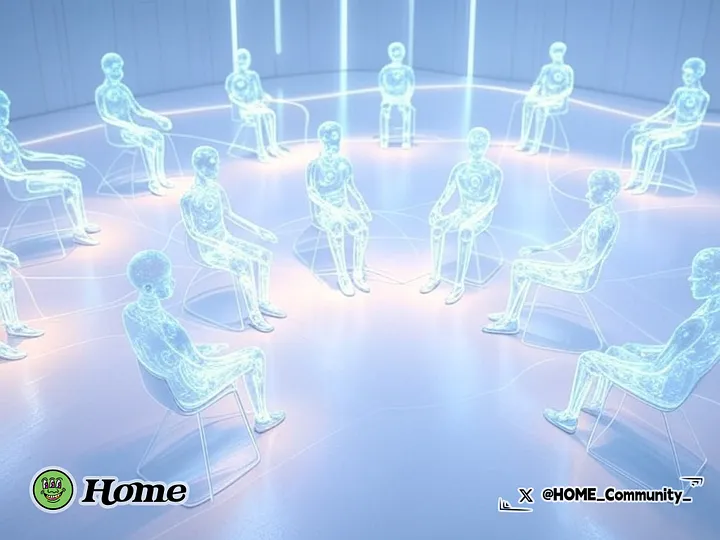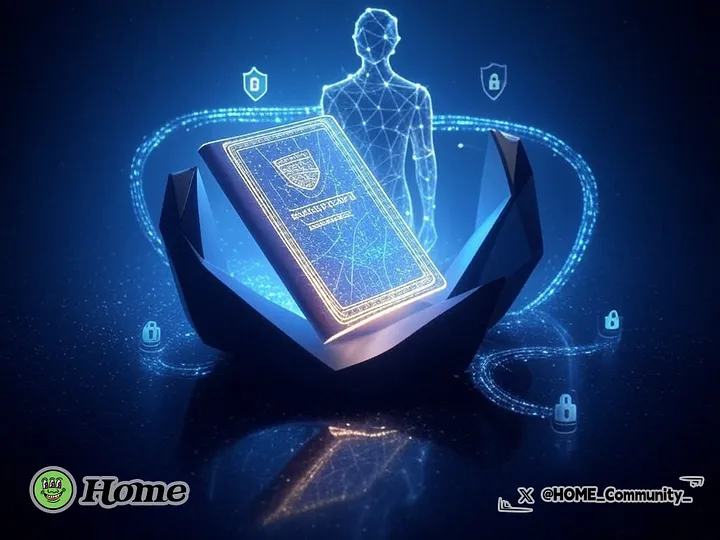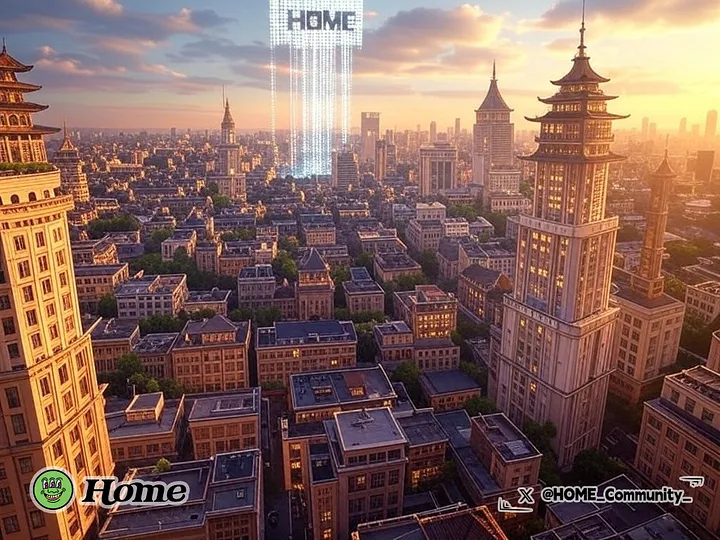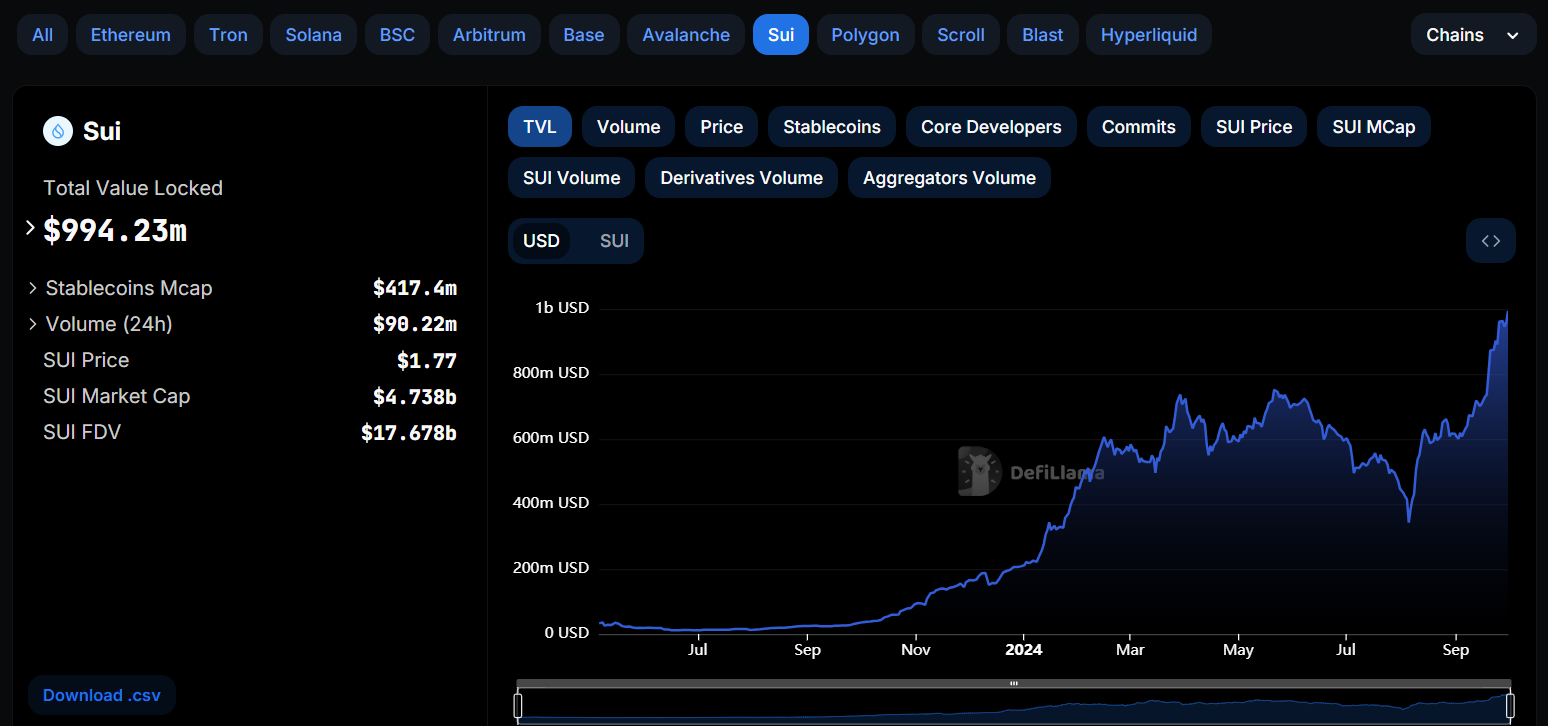Introduction: Vision of a Digital Homeland
As the Web3 wave sweeps across the globe, a unique project is quietly emerging. HOME, initiated by former Coinbase CTO Balaji, is building humanity's first decentralized network state through Web3 technology and MEME culture. The core principle - "Ideas over Territory" - reveals that HOME is not just a crypto project, but a digital civilization experiment transcending national boundaries.
In "The Network State," Balaji states: "A network state is a group of people connected via the internet who collectively create a new way of life and ultimately gain diplomatic recognition in the physical world." In the current crypto market, traditional Web3 projects often fail to escape centralization, while pure Meme tokens tend to be short-lived. Against this backdrop, HOME is pioneering a new path from digital to reality through its unique design.

I. From MEME to Civilization: HOME's Innovative Practices
HOME's vision is to create a free and equal virtual homeland. As the first DID-driven global MEME project, HOME breaks through the traditional crypto project limitation of "user equals address" by providing each member with a unique and verifiable identity through its decentralized identity (DID) system. The project plans to recruit 20,000 natives, each receiving a virtual passport to become founding residents of this digital homeland.
In terms of economic design, HOME adopts an extremely fair launch philosophy. The total token supply is 8.2 billion, with 100% fair launch, no reservations, and no future inflation. This design echoes Balaji's view: "Decentralization is not just a technical concept, but the fairness of value distribution." This fair economic model establishes a truly decentralized foundation for HOME.
Balaji points out: "Future nations will first be established in the cloud before gaining territory in the physical world." HOME is a pioneer in practicing this concept. By using MEME culture as a vehicle for value transmission, HOME is rapidly establishing its unique cultural influence globally. In the HOME ecosystem, MEMEs are no longer merely entertainment symbols but cultural genes carrying the community's spiritual core, expanding community influence through viral spread.
Each HOME native's virtual passport is not just proof of identity but a declaration of allegiance to this emerging digital nation. This construction of identity recognition lays a solid cultural foundation for HOME's evolution from community to network state. As Balaji says: "A true network state needs to start with a common goal, build consensus through online community, and eventually develop into a digital nation with collective action capability."

II. Governance and Consensus: Building the Foundation of a Network State
HOME's governance design is built on "verifiable consensus." By combining the DID system with token governance, HOME has established a decision-making mechanism that ensures both efficiency and democracy. Here, every holder can participate in community decisions, while identity-based voting mechanisms ensure decision-making fairness and effectiveness. This design not only solves pain points in traditional DAO governance but also provides a viable model for future network state governance.
Following the "cloud first, land second" development path, HOME is steadily expanding in digital space. The DID-based identity system provides assurance for community purity and creates conditions for future cross-chain collaboration. Although currently mainly active in the digital realm, it has begun preparing for future physical space layout, planning to establish physical community nodes globally.
Balaji emphasizes: "A true network state must have three elements: shared belief, collective action capability, and demand for territory." HOME demonstrates innovation in all three dimensions: building shared belief through MEME culture, achieving collective action through token governance, and preparing for future physical space layout through a "virtual first, physical second" strategy. This comprehensive design makes HOME the best practitioner of network state theory.

Conclusion: The Future Has Arrived
If Balaji's "The Network State" painted a grand blueprint for future society, then HOME is among the first practitioners of this blueprint. "The rise of network states is not achieved overnight but through countless small experiments." In this sense, HOME is not just a crypto project but a civilization experiment oriented toward the future.
As the project slogan states: "Your Home, Your Future" - HOME is not just a project but the beginning of future digital society. Through the organic combination of technological innovation, cultural transmission, economic incentives, and governance design, HOME is building a true digital civilization. In this process, every participant is not just a witness but a creator.
This experiment has just begun, but the future is already visible. Through the prism of HOME, we glimpse a possibility of future society: where technology and humanity coexist, individual values and collective interests harmonize, and a true digital civilization is slowly rising. When we look back on this era, we will find this is another major evolution in human social organization following the nation-state, and HOME is one of the most noteworthy experiments in this evolution.
To personally participate in this great experiment changing human social organization, follow HOME's official Twitter: @HOME_Community_, to witness and participate in the rise of this digital civilization.




评论 (0)